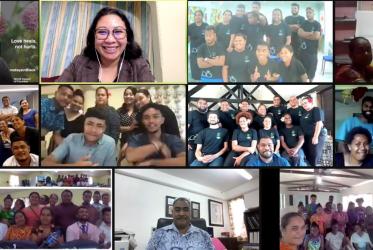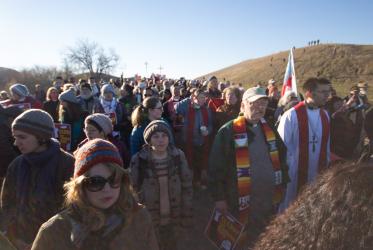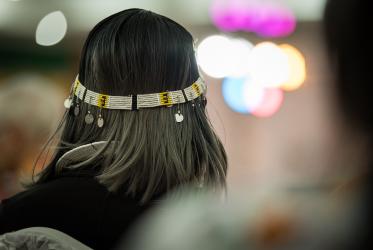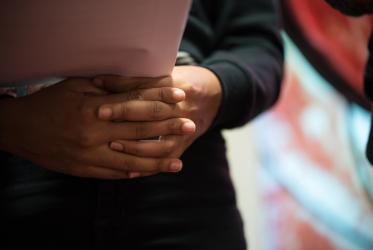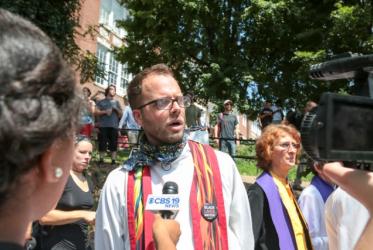Displaying 1 - 20 of 26
In a COVID-stricken world, “everyone is important”
23 October 2020
WCC honors world’s indigenous communities
07 August 2020
Show up in fight against racism, is white American pastor’s plea
14 February 2018
Being Church in Europe Today: Migration through a theological lens
14 December 2016
Eco-justice at stake for Standing Rock people in USA
07 November 2016


